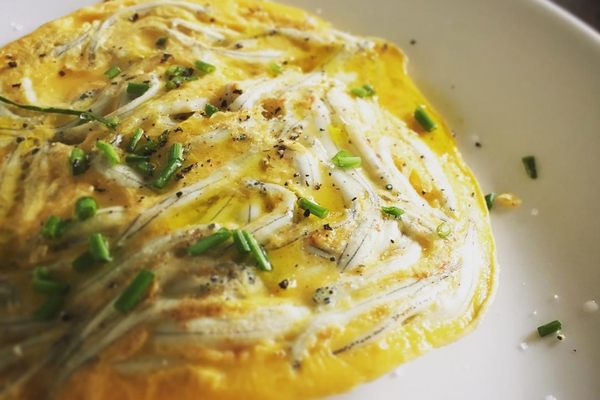German sailors made do with slim pickings in the 16th century. While out to sea for months on end—without refrigerators or cooling systems—seamen had to figure out ways to preserve what readily available ingredients they had. Peasants relied on similar staples: salted meats, pickled fish and vegetables, and long-lasting roots and tubers, such as onion, potato, and beetroot. Combining everything into one heavy breakfast became what’s known as labskaus. And in northern Germany’s major port city of Hamburg, the local specialty is as popular as ever.
To prepare labskaus, chefs feature many of the same ingredients that working-class Germans used hundreds of years ago. But meat, fish, and pickles are no longer considered cheap sustenance. The one-dish mixture of potatoes, corned beef, and beetroot, served with fried egg, pickles, onions, and rollmops (pickled, rolled herring) can rack up a pretty penny on modern menus. Some establishments even offer upscale interpretations inspired by the original, humble meal.
Though Germans no longer view the dish as sailor food, one aspect unites the 16th-century seafarers and modern city slickers who dine on the same hearty spread. Labskaus is a reputed hangover cure—a feat that proves useful regardless of class or era.
Written By
 rachelrummel
rachelrummel













